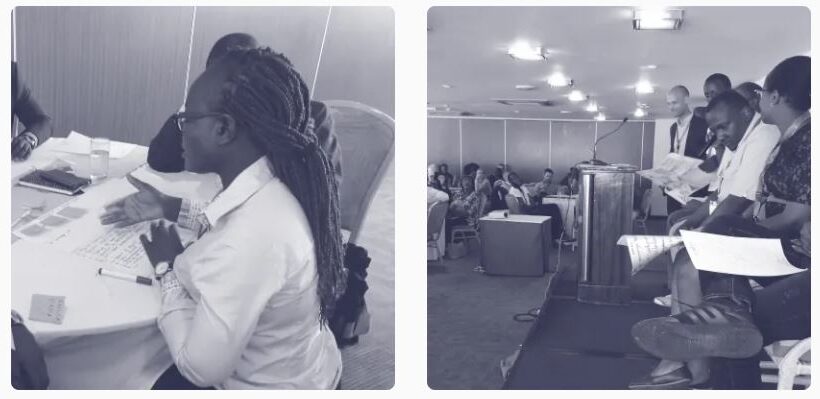Technology transfers often fail to account for the local context. Products then do not succeed because of the ill market-fit, or cause (unintended or unforeseen) harm to people, the economy and the environment.
From distance, the Kenya Nordic Green Hub aims to contribute to improving difficult climate and sustainability-related situations in Kenya. It might also appear as an export promotion instrument. Both are partly true.
The Kenya Nordic Green Hub’s mission is to design, facilitate and manage technology transfers to Kenya with more inclusive outcomes.
The hypothesis is if sustainable solutions from the Nordic countries are adapted, perhaps even co-created, with and by a broad partnership comprising Kenyan and Nordic stakeholders. then the outcomes will be more effective and mutually beneficial.
The initiative focused on two key tasks upon its inception:
- Building a hub as a cross-border multi-stakeholder partnership.From an organizational perspective, the Kenya-Nordic Green Hub was conceived as a multi-stakeholder partnership. It involved partners from Denmark, Sweden, Finland and Kenya, and from public, private, civic society and knowledge organizations.
Similar to cluster development, our role then was to design a process and organize people around establishing relationships, developing a joint vision, finding a way to organize and so on.
- Building a portfolio of interventions and activities.From an instrumental perspective, the KNGH is a mechanism for Kenyan and Nordic partners to generate a shared understanding of complex issues, co-create and prototype approaches and solutions, and implement and support a portfolio of interventions.

